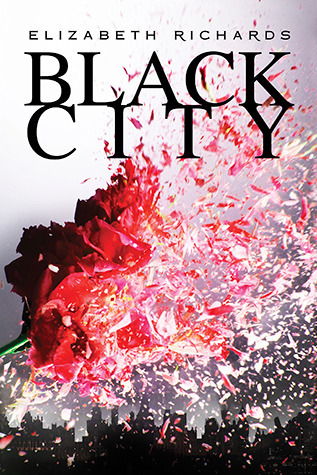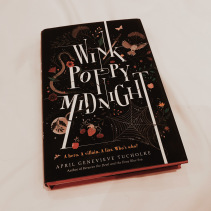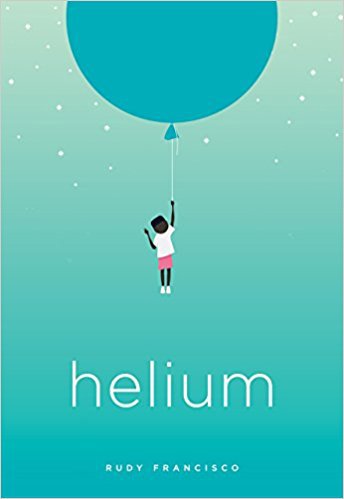
It sounded interesting, so I thought I would give it a go. Richards has tried something interesting, in the sense that she does not spend any time establishing a background for the world she has created. This is a fairly typical ‘Romeo and Juliet’ romance. Juliet is the daughter of a senior government official; her sister has been damaged by torture, ordered by the ‘ruler’ to make her father talk, and her mother is engaged in some pretty diabolical schemes to subdue opposition. This is clearly a dystopian world, with dictators determined to manipulate the population into accepting a travesty of justice, by creating a recognisable underclass of ‘Darklings’. And that is where Romeo comes in. Ash is half human, half darkling, thus attracting the ire of both. He doesn’t want to fight for others; he just wants to be left alone… Not likely.
As I said, Richards does not attempt to explain the ‘darkling’ issue; but they serve a purpose. They have been banished behind a wall [or to an island] where the humans can no longer see them. There they are being starved to death. Naturally there are those on both sides who seek to change this situation; there are also those who seek a permanent end to the ‘dangers’ of this group that threatens humanities very existence. As a social commentary, it does at least invite younger readers to consider that the statements made about outsiders / others may not be based on much more than fear and prejudice. It raises questions about what we are prepared to tolerate, in terms of the treatment of others, in order for us to maintain the fiction of our infallibility.
Wrapped in the cloak of romance fiction, the use of drug addiction by humans and darklings alike, also serves to suggest that taking the high moral ground can be fraught with danger. Here there are bad deeds on both sides, on all sides really. Noone escapes with a clean sheet, but somehow that seems fitting. This is a world of haves and havenots. A world of over and underclasses. A world of us and them. Yet those divides are crossed throughout. Some of it is predictable, some not; which makes for a reasonable read.
I would not claim this was great fiction, but as a way to encourage young readers to think empathically, it does a pretty good job. Will I get the sequel? Probably.
Advertisements Share this:




